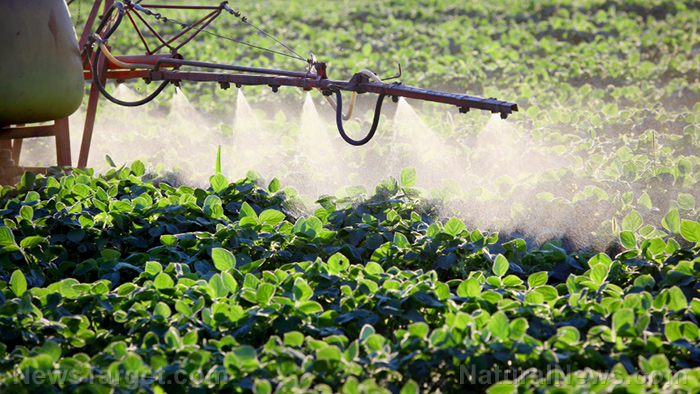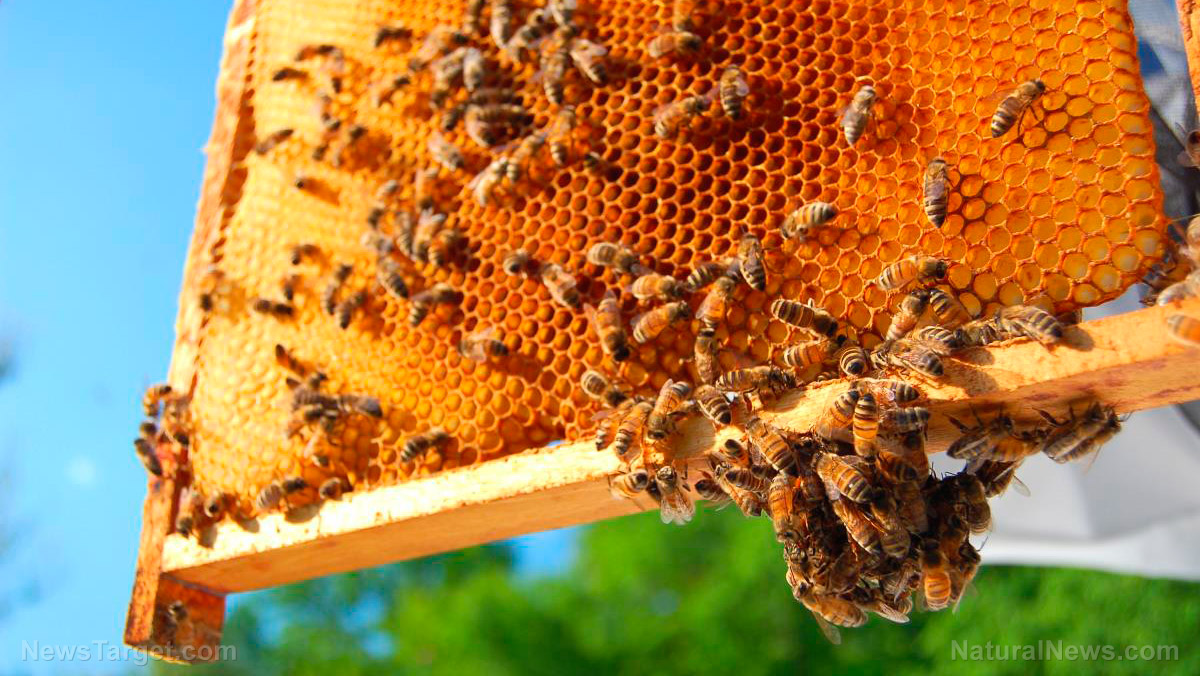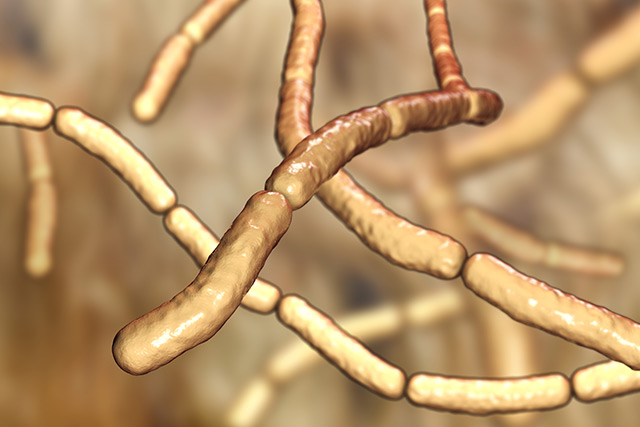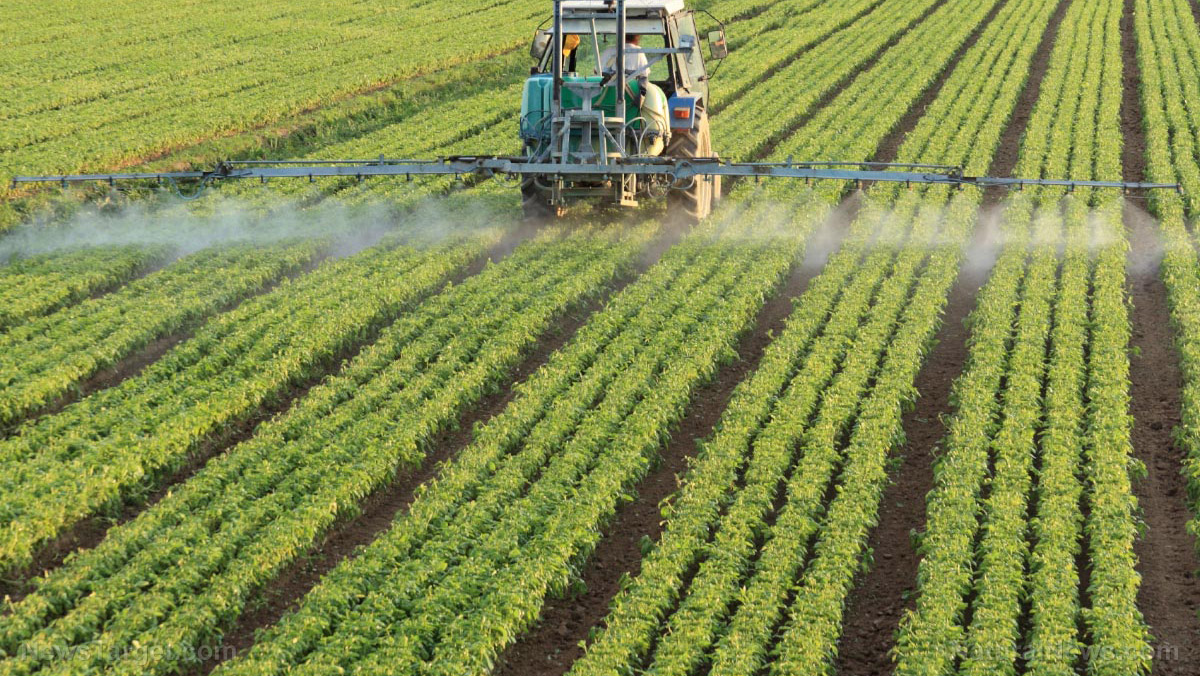Agricultural fungicides found to kill the organisms responsible for leaf litter decomposition in streams and rivers
12/20/2017 / By Vicki Batts

While it’s no secret that agrochemicals are harmful to the environment, scientists are truly just beginning to ascertain the full scope of Big Ag’s detrimental effects. But as a researcher from the Swedish University of Agricultural Sciences (SLU) has shown in his doctoral thesis, agrochemicals like fungicides can have disastrous effects on the environment — including valuable waterways.
Alexander Feckler, a doctoral student at SLU’s Department of Aquatic Sciences and Assessment, Section for Organic Environmental Chemistry and Ecotoxicology, recently defended his thesis, entitled “Chemical stressors influence aquatic ecosystem processes – Fungicide effects on decomposer communities and primary consumers.”
Fungicides harm aquatic ecosystems
Feckler’s startling findings have shown that fungicides — agrochemicals used to kill fungus — have deleterious effects on the natural decomposition process that takes place in streams. As reports on his research explain, leaf litter decomposition is an invaluable part of aquatic ecosystems. It’s an essential source of energy and nutrients for two key organism groups: Fungi and other microbial decomposers, and detritivorous macroinvertebrates. Detritivorous macroinvertebrates are small organisms which feed on decomposing matter, and serve as food for other creatures, like fish and amphibians — meaning they are quite important both for the ecosystem and the food chain.
As Feckler’s dissertation showed, fungicides proved to be a great detriment when it comes to leaf litter decomposition. However, the level of harm was dependent upon the organisms’ exposure history. Feckler found that organisms previously exposed to pesticides and fungicides had a less negative (or in some instances, even a positive) reaction to chemical exposure. This functional adaptation to fungicides was also noted at a larger scale in Europe.
Ultimately, however, it’s clear that fungicides are harmful to aquatic ecosystems (and who knows what else). As SLU reports:
The results also showed that fungicides caused indirect effects on macroinvertebrates by reducing the palatability of leaf material and affecting the food choice of detritivores. Structural alterations on the microbial level led to a reduced food quality of leaf litter, and resulted in lower lipid content and growth of macroinvertebrates.
When taking the predicted increased use of agrochemicals into account, it’s clear that fungicides are a huge threat to the future (and current) health of streams and other aquatic ecosystems.
Other toxic effects of fungicides
But, as usual, it’s not just waterways that can be negatively affected by Big Ag’s chemical dependence. Earlier this year, it was revealed that fungicides are contributing to the rapid decline of pollinator populations. Indeed, the beloved bumblebee has been greatly impacted by the increasingly widespread use of toxic agrochemicals.
A team of scientists hailing from Cornell University says that while fungicides may not be intended to target insects, they are not the harmless chemicals they’ve been purported to be — who would have guessed that compounds toxic enough to kill fungi are also capable of harming bees?
Bees are another essential part of the food chain, and have the additional role of pollinating many of the plants we use for food. And yet, they too are being grievously harmed by fungicides and other agrochemicals.
It’s not just bees that are feeling the effects of pesticides and other agrochemicals — research has also shown that these toxins may also be contributing to the development of autism and neurodegenerative diseases.
How much more evidence do we need that the myriad of toxins being used by the agricultural industry are doing damage to our environment? [Related: Learn more about toxic agrochemicals at Pesticides.news]
Sources for this article include:
Tagged Under:




















